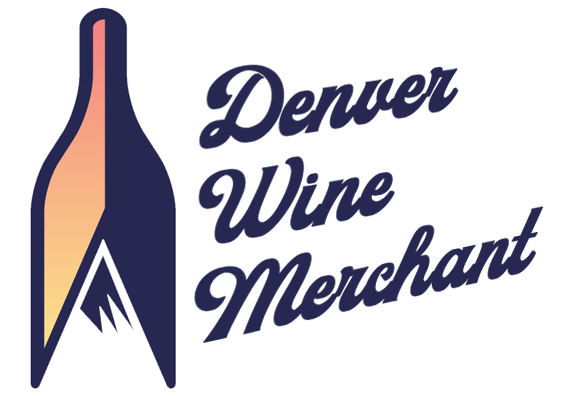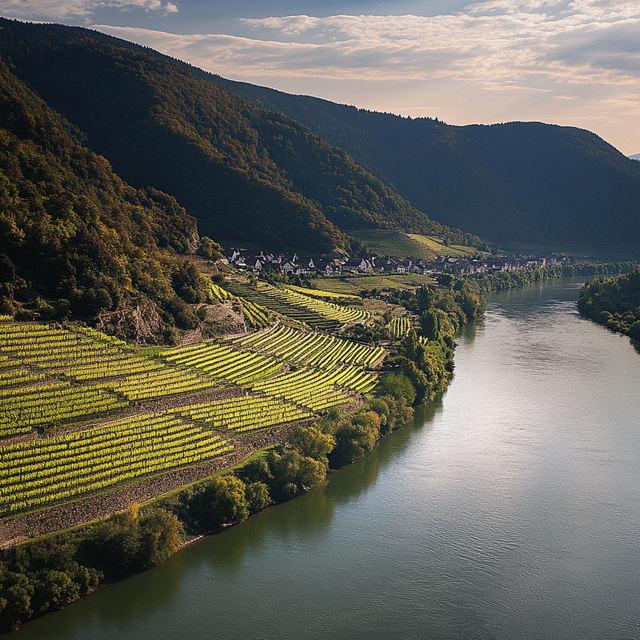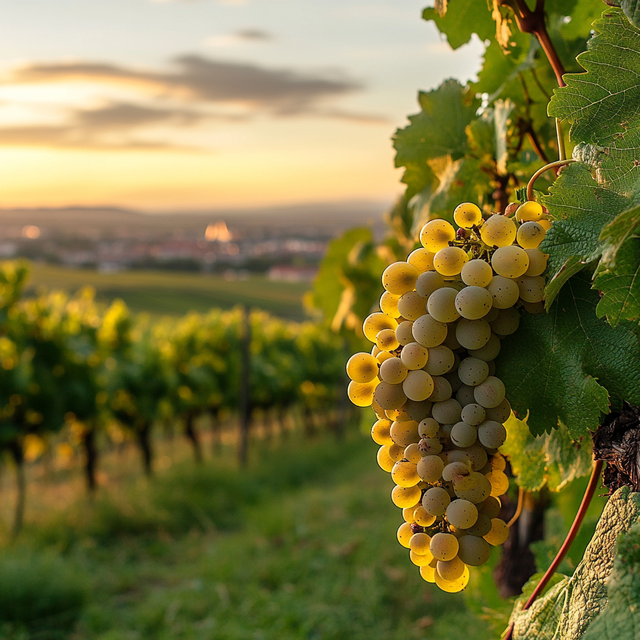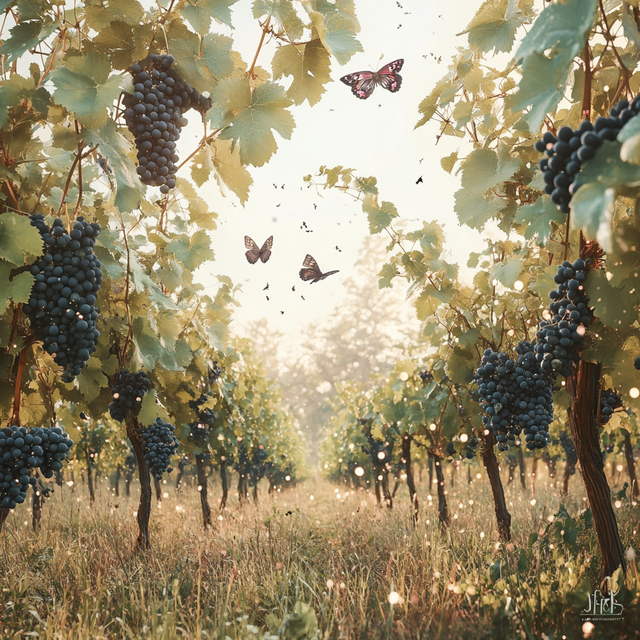The Wachau, widely considered Austria's premier wine region, is a breathtakingly beautiful valley along the Danube River, renowned for its powerful and dry expressions of both Grüner Veltliner and Riesling. These two grapes are the stars here, producing wines that are typically full-bodied and structured, yet always maintain a signature Austrian freshness. The Wachau is unique in its own ripeness scale to categorize its wines: Steinfeder, a rarely seen lighter style, Federspiel, representing a balanced ripeness with vibrant acidity, and Smaragd, indicating riper, more exotic fruit, sometimes with a touch of botrytis depending on the producer's style. This region, with its steep, terraced vineyards and unique microclimates, is home to a concentration of Austria's very best producers, crafting wines that are benchmarks for both Grüner Veltliner and Riesling globally.
Austria - Wachau
Grüner Veltliner is Austria's signature grape, producing distinctive dry white wines celebrated for their vibrant character. Primarily grown in regions like Wachau, Kremstal, and Kamptal, Grüner Veltliner is known for its high acidity and a compelling savory edge, often displaying notes of white pepper and spice alongside green and citrus fruit. The wines are typically medium-bodied and exceptionally food-friendly, offering a unique combination of freshness and complexity. Grüner Veltliner is a grape that is clearly expressive of its origins, and it is a cornerstone of Austrian winemaking excellence.
Gruner Veltliner
Certified Organic farming is an agricultural practice where vineyards adhere to strict regulations prohibiting the use of synthetic pesticides, herbicides, fungicides, and fertilizers. Instead, certified organic growers rely on natural alternatives, including compost, cover crops, and beneficial insects, to nourish the soil and manage pests. Certification requires compliance with established organic standards, typically verified by third-party agencies such as USDA Organic in the United States or EU Organic in Europe. This method emphasizes ecological balance, biodiversity, and sustainability, aiming to produce high-quality grapes and wines while reducing environmental impact and promoting long-term vineyard health. Organic farming is not allowed to use Glyphosate.





